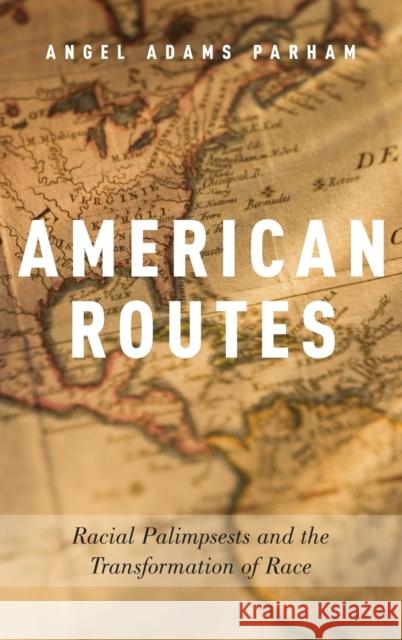American Routes: Racial Palimpsests and the Transformation of Race » książka
American Routes: Racial Palimpsests and the Transformation of Race
ISBN-13: 9780190624750 / Angielski / Twarda / 2017 / 296 str.
American Routes provides a comparative and historical analysis of the migration and integration of white and free black refugees from nineteenth century St. Domingue/Haiti to Louisiana and follows the progress of their descendants over the course of two hundred years. The refugees reinforced Louisiana's tri-racial system and pushed back the progress of Anglo-American racialization by several decades. But over the course of the nineteenth century, the ascendance of the Anglo-American racial system began to eclipse Louisiana's tri-racial Latin/Caribbean system. The result was a racial palimpsest that transformed everyday life in southern Louisiana. White refugees and their descendants in Creole Louisiana succumbed to pressure to adopt a strict definition of whiteness as purity that conformed to standards of the Anglo-American racial system. Those of color, however, held on to the logic of the tri-racial system which allowed them to inhabit an intermediary racial group that provided a buffer against the worst effects of Jim Crow segregation. The St. Domingue/Haiti migration case foreshadows the experiences of present-day immigrants of color from Latin-America and the Caribbean, many of whom chafe against the strictures of the binary U.S. racial system and resist by refusing to be categorized as either black or white. The St. Domingue/Haiti case study is the first of its kind to compare the long-term integration experiences of white and free black nineteenth century immigrants to the U.S. In this sense, it fills a significant gap in studies of race and migration which have long relied on the historical experience of European immigrants as the standard to which all other immigrants are compared.











